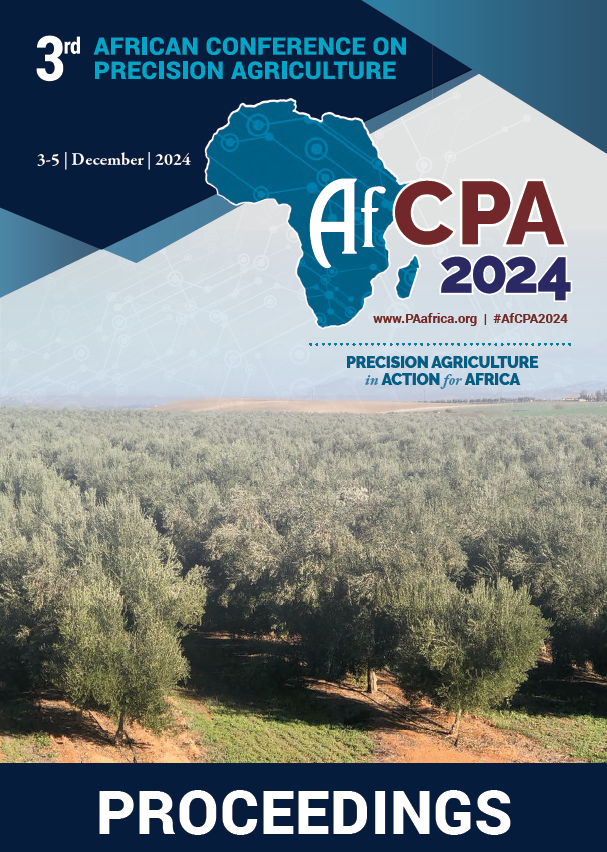Download the Conference Proceedings
Proceedings
Authors
| Filter results3 paper(s) found. |
|---|
1. Nutrient management tailored to smallholder agriculture enhances productivity and sustainabilityPlant nutrition plays a central role in the global challenge to produce sufficient and nutritious food, lessen rural poverty, and reduce the environmental footprint of crop production. Efficient fertilizer use requires tailored solutions that are scientifically sound, practical and scalable especially for smallholder farmers, such as the crop-led site-specific nutrient management (SSNM) approach developed in the 1990s for cereal production systems in Asia to address variability among farms. Originating... P. Chivenge, K. Saito, M. Bunquin, S. Sharma, A. Dobermann |
2. Imagining Precision Farming in AfricaAfrica needs its own and unique Green Revolution now, but it can also take advantage of many lessons learned all over the world. Precision farming is much more than the application of advanced, expensive technologies for managing soils and crops on a commercial scale. In the African context, it is all about better agronomy at any scale, including small and medium-size farms. Many ingredients for that exist already, whereas others still need to find their way into scalable business solutions... A. Dobermann |
3. The Global Crop Nutrient Removal Database (Gcnrd): Development, Initial Analysis and Identification of Current Data GapsImproved understanding of the factors affecting nutrient uptake can enable production optimization, increased nutrient use efficiencies, reduced environmental footprints, and overall higher economic returns for farmers. Crop uptake is affected by genetics, soil, weather, agronomic practices, and their interactions. As such, understanding the way crop nutrient uptake varies across different regions and production environments requires the coverage of various parameters, and necessitates collaboration... C. Ludemann, A. Dobermann, N. Graff, S. Sela, M. Van loon, R. Hijbeek, M. Van ittersum |
